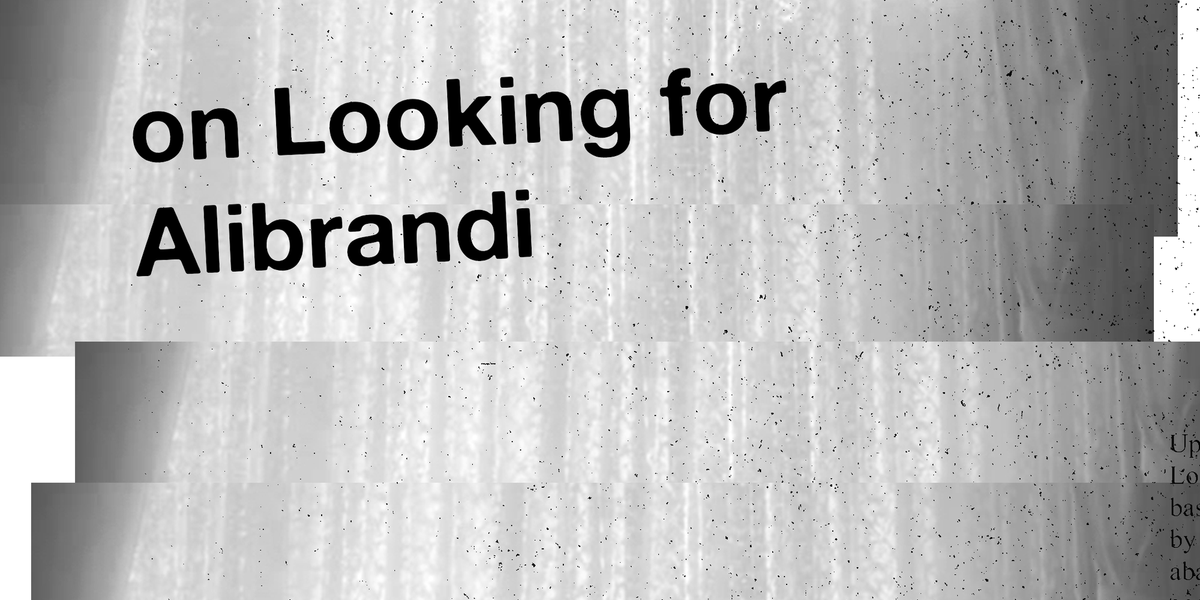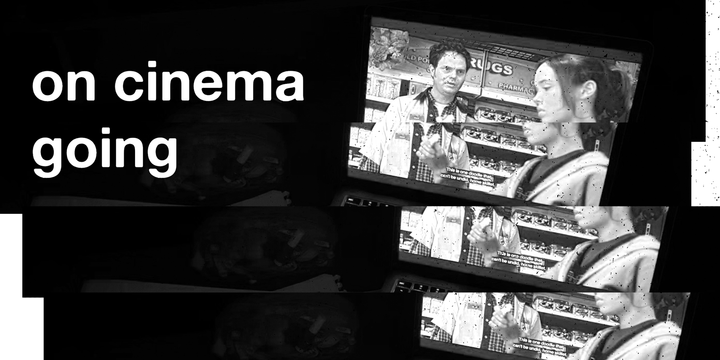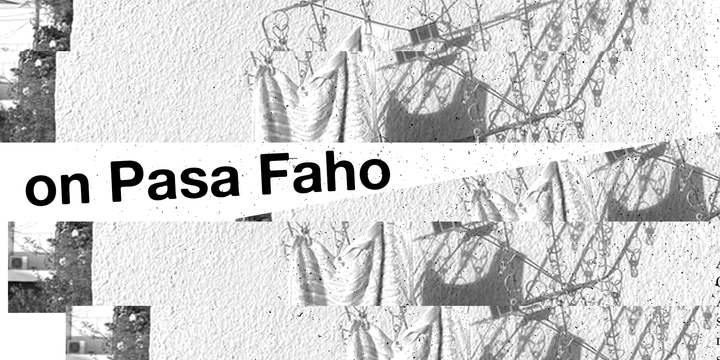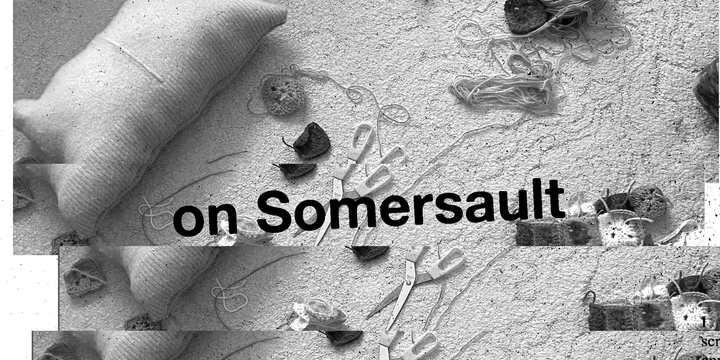on this and that, #1 Oct 2025
On Looking for Alibrandi and White Patriarchy

Upon first watch of Kate Woods’ Looking for Alibrandi, her film based on Melina Marcetta’s novel by the same name, I was taken aback, shall we say, by the accuracy of what I was seeing on screen. The iconic Australian coming-of-age drama follows Josie, a 17-year-old Italian-Australian, as she navigates her final year of high school, when her life is essentially turned upside down by her father’s sudden appearance in her life. The film serves to highlight what it’s like to grapple with your heritage and want to fit in culturally with a white Australia, and in my humble opinion, it does a pretty good job. The Nonna spies, the friend saying the wogs marry the wogs and the prized male cousin all felt pretty goddamn real. As a Greek Australian, I felt seen and heard and gagged for the entire hour and 43-minute run time. However, in keeping with the accuracy that I have claimed, I must also then acknowledge the film’s painfully accurate depiction of the sexism that exists within every culture, and the ways in which it rears its ugly head in Looking for Alibrandi.
The film begins on tomato day, when Josie’s entire extended family and friends can be seen, you guessed it, making passata. This scene is our introduction to the Alibrandi women, and from the get-go, you can see how they not only feel out of place within Australia, they feel out of place as women within their own extended family. This is evident from Josie’s discussion of her prized male cousin to the shame that follows the Alibrandi women being unmarried, and Nonna’s belief that they are cursed because of the lack of male presence in their lives (I would argue it’s a blessing, but I digress). Josie states, “Nonna says we are lucky to be included because being cursed (blessed, diva, blessed!!) means we have no right to belong,” in the film’s opening scene. Later, Nonna Katia also states in an argument with Josie, “All the curses come from the mother,” which screams to me the pre-conceived patriarchal ideals that exist amongst the Alibrandi women.
In Not quite white (enough): Intersecting Ethnic and Gendered identities in Looking for Alibrandi (2007), Kathryn McInally argues that within the novel that the film is based on, Josie’s success comes from maintaining the male relationships in her life and, in turn, assimilating into white patriarchy. Arguably, the primary male presence in her life is her father, with whom her relationship revolves around his access to social, economic, and symbolic capital; he has distanced himself from his Italian roots. This can be seen in not only his conventionally successful profession, but also when she uses it to her advantage after getting in trouble for punching Carly Bishop in the nose. In short, he is just like the other dads at her posh private school, not the Italian fathers of her friends. This moment is crucial and sparks the beginning of their relationship; however, Josie walks away from that interaction with the understanding that to survive in Australia as an immigrant, one must assimilate, rather than resist. When sharing a vulnerable moment with her father afterwards, she says (in reference to John Barton’s suicide), “You think I didn’t get depressed and feel like killing myself…how dare he? cause everyone knew who his father was”, which further exposes Josie’s deeply entrenched belief of success being synonymous with a white male role model, as is evident with her struggling to understand Barton’s suicide when he seemingly had “everything”.
That suicide within the film, however, shows us that white men do not, in fact, have everything, and what John Barton lacked, a connection to his family and community, is something Josie has in bucketfuls. With this in mind, I believe the film presents a nuanced portrayal of the immigrant experience and ultimately celebrates it. However, I would still argue that Josie’s eventual acceptance of her “Italian-ness” and sense of self-worth is shaped by her understanding and relation to the white men in her life (Exhibit B: she ONLY DATES ANGLO GUYS). Her cultural reconciliation is almost always instigated by male authority, whether it’s her boyfriend, father, or the revelation of her maternal grandfather’s whiteness. I believe this to be accurate, however unintentional, and largely based on Melina Marcetta’s personal experiences and biases.
Now hold your horses, I am not trying to pick apart a still largely culturally relevant and beloved piece of Australian cinema, and I respect that at the time it was a very accurate and relatable piece of media. However, as we move towards a more inclusive landscape in cinema and beyond, I would like to think that what is accurate now would be a woman proud of her culture, exclusively because of, well, I don’t know, the women from her culture that surround her (ideal world here, I respect not everyone has access to these types of relationships). Also, don’t make her cursed because she’s single, please. I get enough of that from my Papou.
references
Not Quite White (Enough): Intersecting Ethnic and Gendered Identities in Looking for Alibrandi. (2007). Papers: Explorations into Children’s Literature, 17(2), 59-66. https://doi.org/10.21153/pecl2007vol17no2art1196




Comments ()